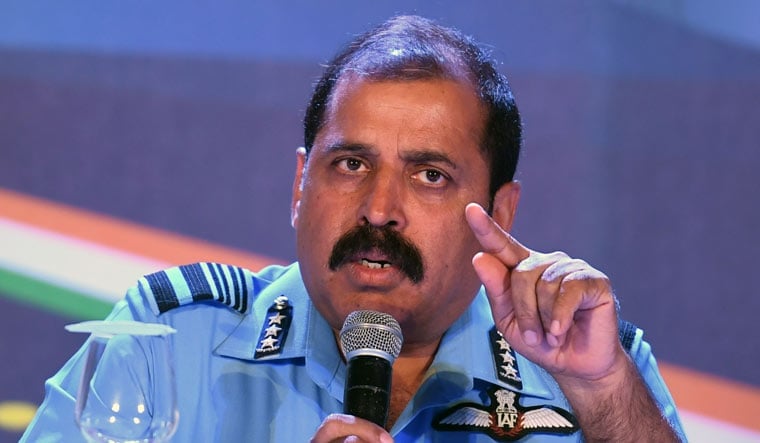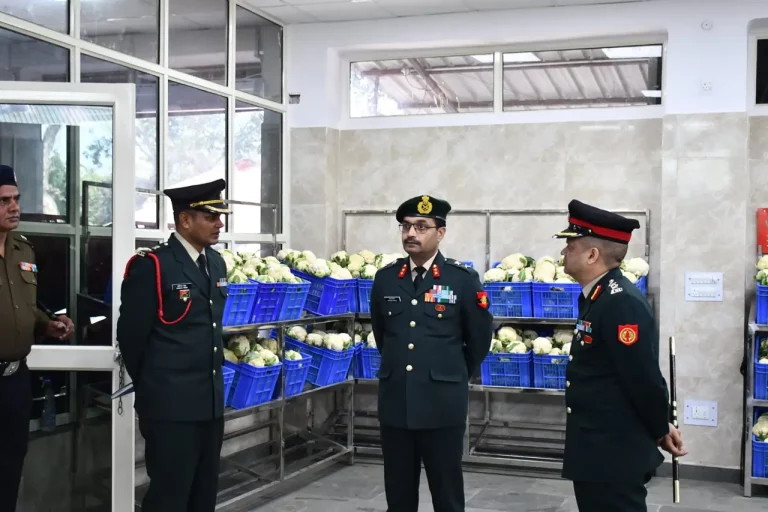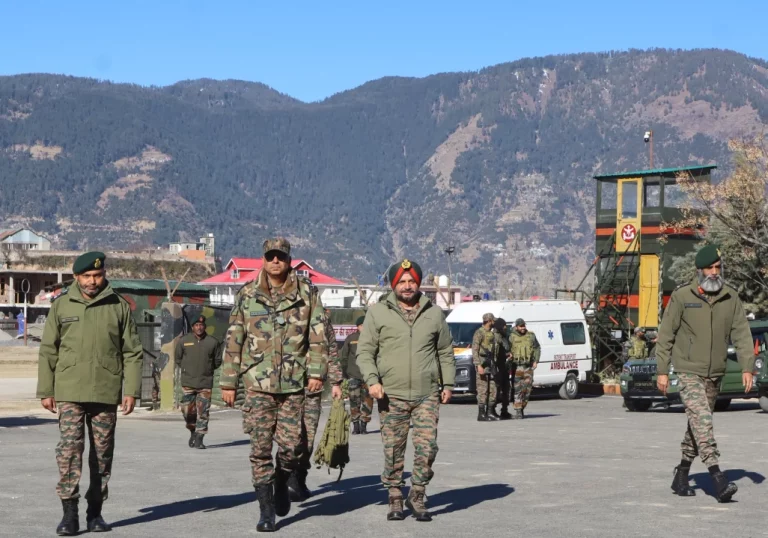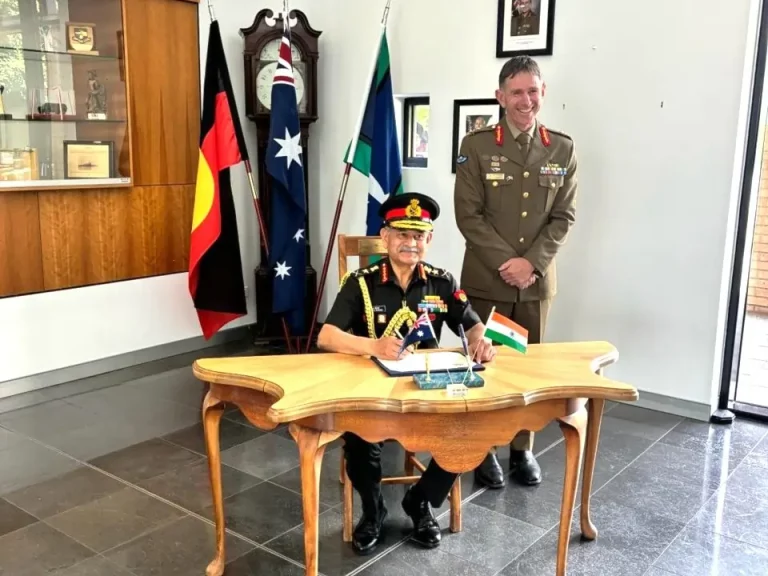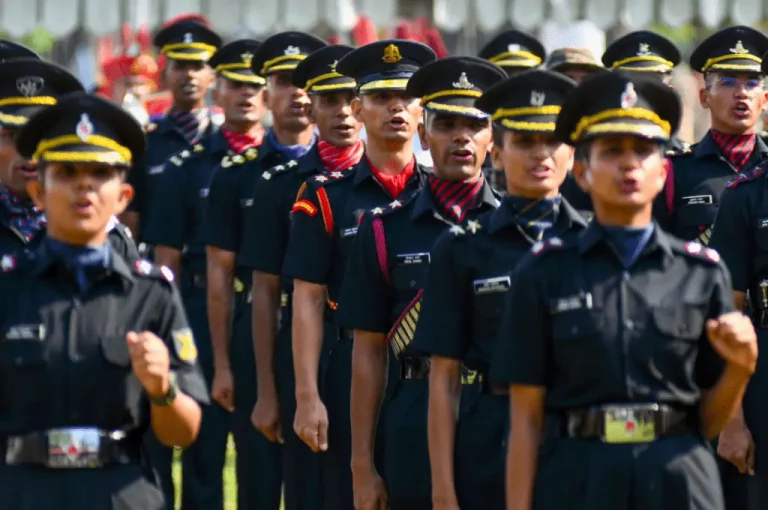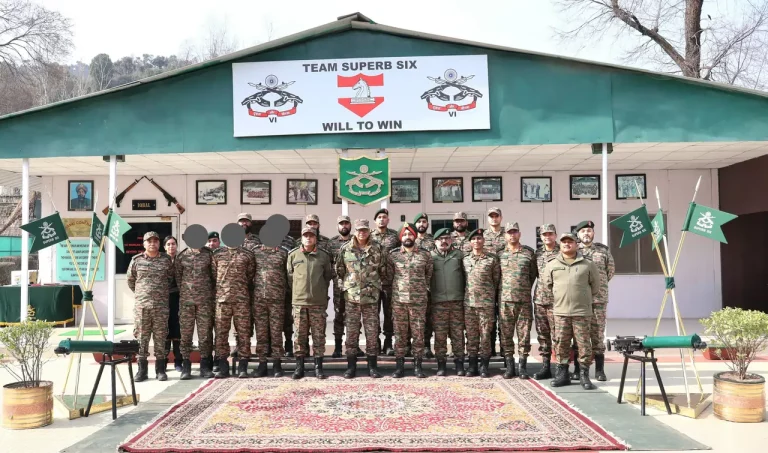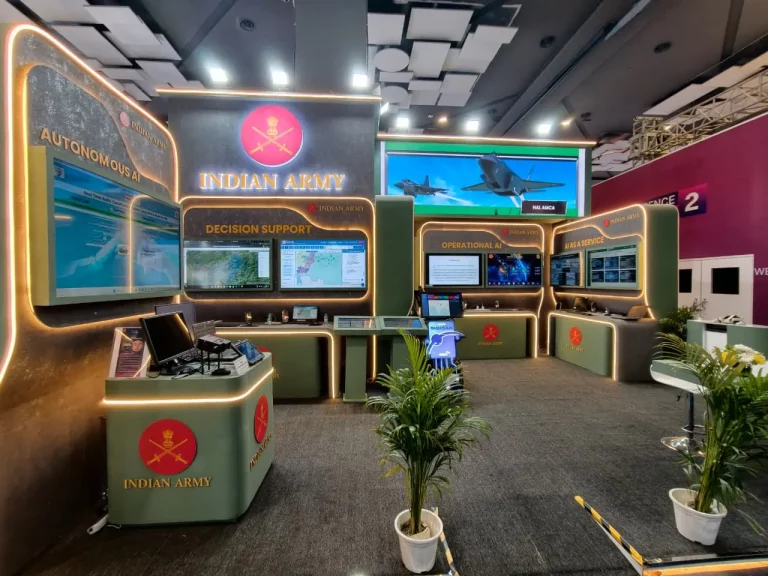Former Indian Air Force Chief RKS Bhadauria has decisively opposed the notion of importing fifth-generation fighter jets in light of Pakistan’s possible acquisition of advanced Chinese stealth aircraft, including the J-20 and J-35. Bhadauria’s remarks come after Defence Minister Rajnath Singh’s endorsement of the execution model for the Advanced Medium Combat Aircraft (AMCA) programme, which he emphasizes must become a focal point for Indian defence strategy.
Bhadauria told India Today, “My answer is no. Now, the government has clearly put their faith in AMCA, and now we need to do everything as a nation to expedite the AMCA.” He downplayed concerns about Pakistan’s potential advancements in stealth technology, stating, “Let them get these. That will be studied. What is important is how we handle these threats in the interim.”
On May 27, the Defence Ministry announced a new execution framework for the AMCA, assigning the Aeronautical Development Agency (ADA) responsibility for managing the programme through competitive bidding. This pivotal shift allows both public and private sector firms to engage directly or through joint ventures, marking a significant change in India’s defence procurement strategy. Notably, this model breaks from tradition, as Hindustan Aeronautics Limited (HAL) will no longer be the default manufacturer, paving the way for private companies such as Tata, Adani, and L&T to compete.
Bhadauria acknowledged that this development might be perceived as a setback for HAL but urged the organization to adopt a collaborative approach with the private sector. “HAL must now move forward towards this direction to work in a kind of a consortium approach with the private sector and should not hesitate to take part in consortiums with the private sector leading,” he said.
He underscored the necessity for India to concentrate on enhancing its capabilities to detect and counteract stealth threats instead of seeking temporary solutions. “In terms of stealth capability, Pakistan is likely to get it before us. We’ll have to take some other measures to detect and still hold them off our borders,” he noted.
Bhadauria highlighted India’s existing strengths in air defence and precision attack capabilities, asserting that these assets provide significant leverage. “We have demonstrated our capabilities in the air defence zones… in air-to-ground precision zones in terms of standoff. We’ll need an action plan to sort this out,” he explained.
His commentary pointed to a critical need for India to invest in counter-stealth technologies, robust air defence systems, and overall strategic preparedness. He concluded, stating the importance of being equipped to address threats: “Should they be able to launch their cruise missiles or their standoff weapons, we are able to tackle the weapons.”
The AMCA programme represents India’s ambition to develop a homegrown fifth-generation stealth fighter, positioning the nation as a significant player in the global aerospace sector. Bhadauria’s remarks reflect a broader commitment to advancing self-reliance in defence amid a rapidly evolving geopolitical landscape.
